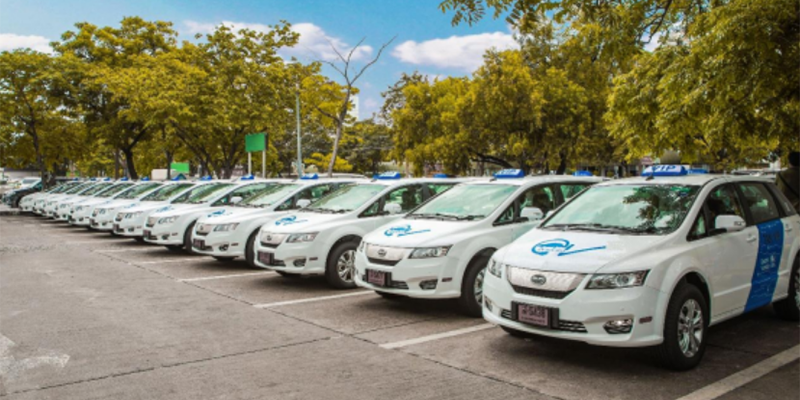Thailand to only allow BEV sales from 2035
The Thai government will only allow purely electric vehicles to be sold from 2035 onwards. Along the way to this goal, the aim is also for electric vehicles to account for 50 per cent – and not 30 per cent as previously planned – of all new car registrations by the end of this decade.
“We can see the world is heading in that direction so we have to move quickly,” Kawin Thangsupanich, adviser to the Energy Ministry’s national policy committee, is quoted as saying in a report by Bloomberg. The now fixed deadline for the sale of internal combustion vehicles is now to be followed by a series of incentives for electric vehicles, from tax breaks and purchase bonuses to infrastructure offensives and regulations for the manufacture of electric vehicles.
By taking a clear stance, the country hopes to become more interesting for investors as well. Basically, Thailand wants to put its know-how in the production of cars on the line. The automotive industry is one of Thailand’s most important sectors. According to Bloomberg, it accounts for about ten per cent of the economy and employs 850,000 workers. About half of the cars produced in Thailand are exported to countries such as the Philippines, Indonesia and Malaysia. From being Southeast Asia’s hub for conventional car production, Thailand now wants to become a hub for electric cars – “because we already have the existing supply chains,” Kawin told the news agency.
International investors already exist in the eMobility sector, albeit not in lavish numbers. Florida-based eMobility company Evlomo is putting up about US$50 million to build a DC charging network across Thailand. The development will be done in cooperation with partners such as Australian charging station manufacturer Tritium and EAST Group.
In addition, in 2019, the Mercedes plant in Bangkok started local production of batteries for Mercedes-Benz plug-in hybrids. In the same year, TÜV SÜD announced that it would participate in the establishment of a battery test centre near Bangkok, and in 2018, the Aachen-based vehicle development service provider FEV founded a Thai subsidiary to support the regional mobility sector in the development of vehicles, engines, transmissions and electric drives – including batteries and hydrogen fuel cells.





1 Comment